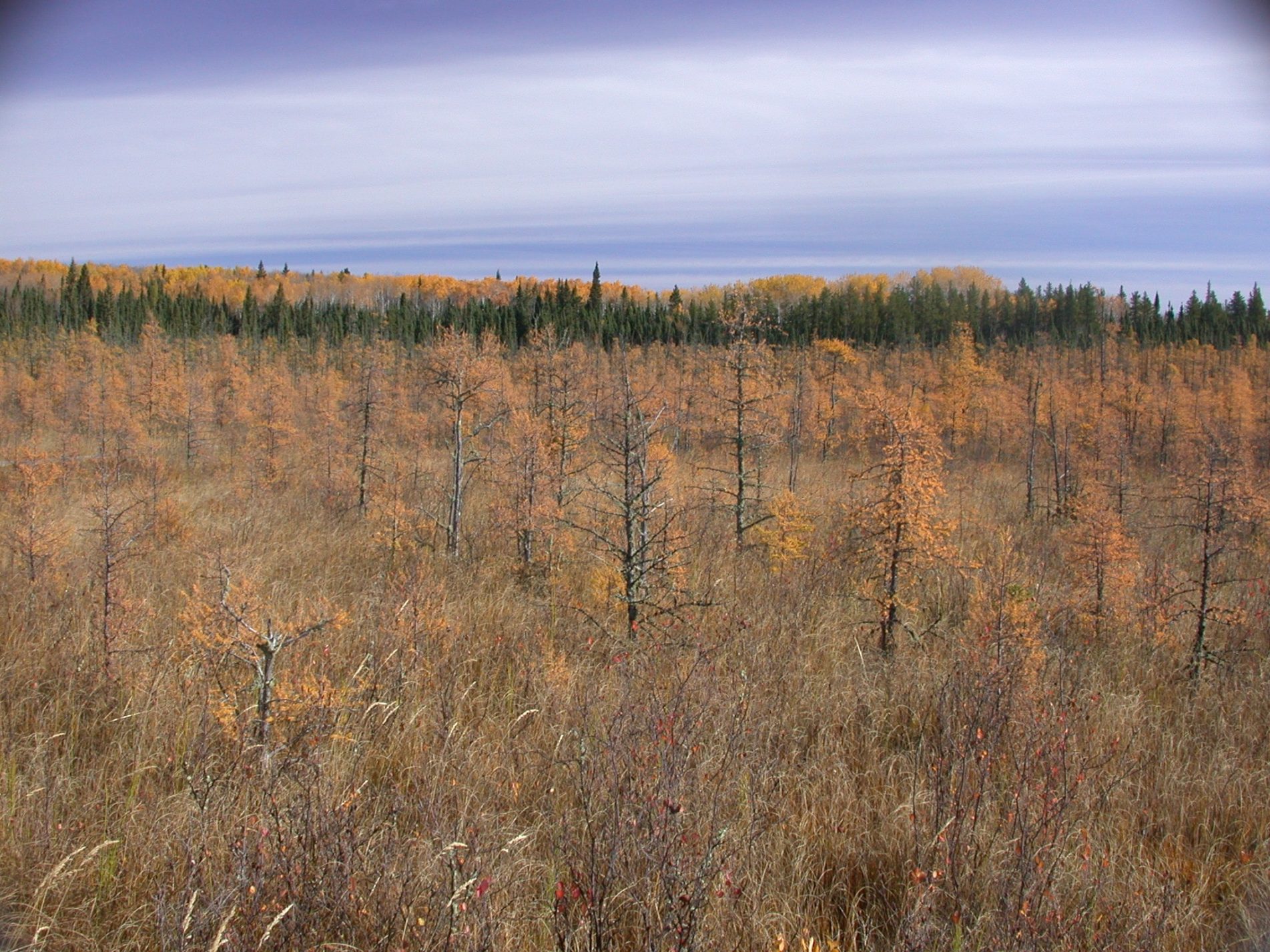Justine Klaver
PROJECT SUMMARY
Climate change could alter the health status, directly or indirectly, of populations on the Canadian Prairies. However, the health effects of climate change on Prairie residents, and short-, medium-, and long-term adaptation measures that will be required, are largely unknown. We invited various stakeholders in four sectors (Government, Industry, Academia, and Public) to participate in Round Table Discussions (RTDs) in order to obtain a balanced perspective for the future directions that research might take regarding human health and climate change. Discussions took place in each Prairie province with the following objectives: to identify meaningful and feasible human health and climate change research questions specific to the Prairie region; to identify resources available for the conduct of research into the relationship between human health and climate change; and, to identify opportunities for public outreach and education regarding adaptation to climate change. Our results indicate that there is a need for greater collaboration between physical sciences and health sciences, a need to better understand future climate scenarios, and a need to understand how these scenarios could affect the health of human populations on the Canadian Prairies. Other significant issues of high priority to Prairie stakeholders were: water quality and quantity, economic effects of climate change, air quality and other pollutants, adaptation capacity posed by the future climate challenges, new disease burdens, agriculture and rural health, and, finally, risk communication and public outreach. The interdependence of adaptation on measures to mitigate climate change could not be ignored in any of the discussions.

